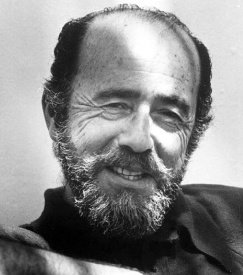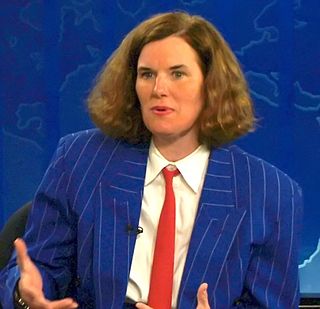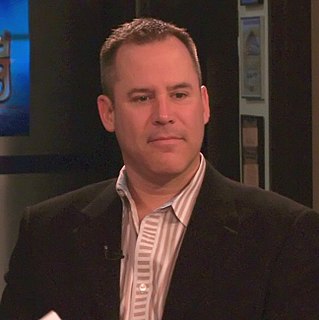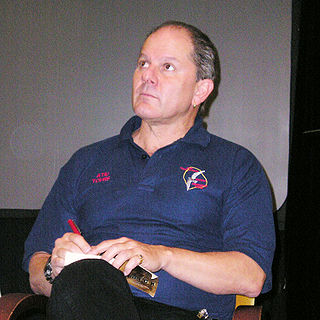A Quote by Jonathan Lethem
With a book you can read the same paragraph four times. You can go back to page 21 when you're on page 300. You can't do that with film. It just charges ahead.
Related Quotes
It was probably 10 at night when I started to read Donnie Darko. I get in bed and read the first page, and I go, "Hmmm. That's interesting." Second page, "Wow." By the fourth page, my heart started to beat, and I knew. It makes me cry, because I knew I had found a classic film. You just know when you get certain material.
A book is something that young readers can experience on their own time. They decide when to turn the page. They'll put their arm right on the page so you can't turn it because they're not ready to go to the next page yet. They just want to look at it again, or they want to read the book over and over because they really enjoy setting the pace themselves.
Yes, the fear of its blankness. At the same time, I kind of loved it. Mallarmé was trying to make the page a blank page. But if you're going to make the page a blank page, it's not just the absence of something, it has to become something else. It has to be material, it has to be this thing. I wanted to turn a page into a thing.
As you read a book word by word and page by page, you participate in its creation, just as a cellist playing a Bach suite participates, note by note, in the creation, the coming-to-be, the existence, of the music. And, as you read and re-read, the book of course participates in the creation of you, your thoughts and feelings, the size and temper of your soul.
At times I believed that the last page of my book and the last page of my life were one and the same, that when my book ended I'd end, a great wind would sweep through my rooms carrying the pages away, and when the air cleared of all those fluttering white sheets the room would be silent, the chair where I sat empty.
I think 'The Girl with the Dragon Tattoo' is a good example of a film where you have to juggle a whole lot of information to follow that story, and even if you haven't read the book, it seems to go pretty well. And that is a film where the characters didn't meet until 74 minutes into the film, not on page 17.
They put the thing down your throat so you don't swallow your tongue, and they put electrodes on your head. That's what was recommended in Rockland State Hospital to discourage homosexual feelings. The effect is that you lose your memory and become a vegetable. You can't read a book because you get to page 17 and have to go right back to page one again.







































